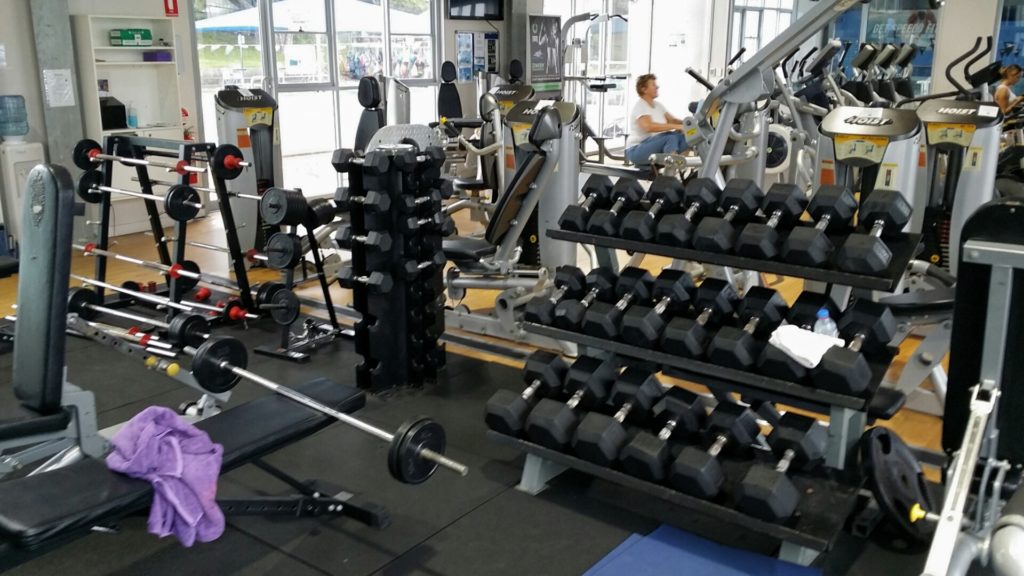Australian researchers have found more evidence to suggest that improving muscle strength can improve brain function, and possibly prevent the onset of dementia.
Their research, carried out by the University of Sydney for the Study of Mental and Resistance Training (SMART) trial, showed for the first time a positive link between progressive resistance training and brain function in over-55s suffering from mild cognitive impairment (MCI).
Although those with MCI are still able to live independently, the condition leads to reduced cognitive abilities, such as reduced memory, and is a precursor to Alzheimer’s disease.
For their research the team collaborated with the Centre for Healthy Brain Ageing (CHeBA) at the University of New South Wales and the University of Adelaide, together looking at 100 community-dwelling adults with MCI, aged between 55 and 86.
Participants were divided into four groups, doing one of the following combinations: resistance exercise and computerized cognitive training, resistance exercise and a placebo computerized training (watching nature videos), brain training and a placebo exercise program (seated stretching/calisthenics), or placebo physical exercise and placebo cognitive training.
Those who participated in the resistance exercise completed weight-lifting sessions twice a week for six months, working to at least 80 per cent of their peak strength. As they got stronger, the amount of weight was increased to maintain the intensity at 80 per cent of their peak strength.
The researchers found that an improvement in cognitive function was related to an increase in muscle strength, with lead author Dr. Yorgi Mavros, from the Faculty of Health Sciences, at University of Sydney also commenting that, “The stronger people became, the greater the benefit for their brain.”
Dr. Mavros now advises that, “The more we can get people doing resistance training like weight lifting, the more likely we are to have a healthier ageing population,” but added that, “The key however is to make sure you are doing it frequently, at least twice a week, and at a high intensity so that you are maximising your strength gains. This will give you the maximum benefit for your brain.”
The small study is supported by earlier findings from the SMART trial, which found that those who took part in a weight-training program benefited from a increase in the size of certain brain areas.
Other recent studies have also produced similar findings.
A 10-year U.K. study which looked at female twins found that the twins with more leg power at the beginning of the study had better cognitive health and fewer cerebral changes caused by aging at the end of the 10 years.
A team of U.S. researchers also found that strength-training reduced the risk of cardiovascular disease and cancer, helping seniors to live longer, while researchers from UCLA, California, found earlier this year that regular physical activity in general could increase brain size and decrease the risk of cognitive decline in older adults.
Originally posted ctvnews.ca October 27th, 2016.
If you would like to discuss a suitable strength training program specific to your needs, consult with one of the Physiotherapists at Jubilee Sports Physiotherapy. Contact our Caringbah practice on (02) 9540 9400 or our Kareela practice (02) 9528 2200.






















